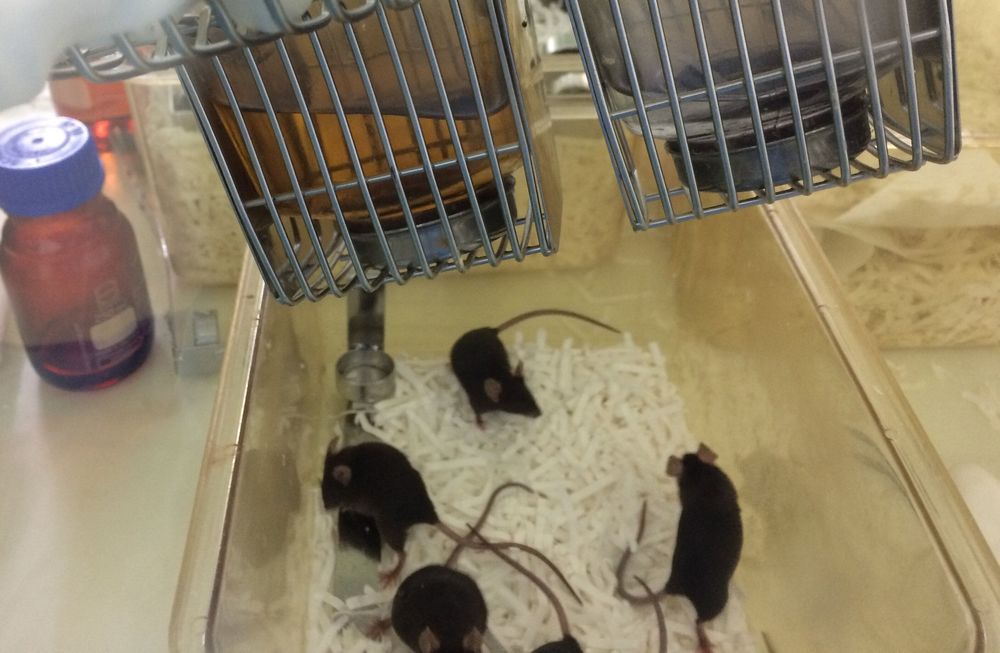A team of researchers affiliated with several institutions in Korea and Australia have found a possible link between the gut microbiome in infants and development of allergies. In their paper published in the journal Science Advances, the group describes their study of a certain antibody response in young mice and what they found.
Food allergies have been widely reported in the past few years, particularly in children. Scientists have been taking a closer look at the causes of the seemingly sudden rise in the number of people who are allergic to certain foods. In this new effort, the researchers looked into the possibility of a connection between food allergies and the gut biome.
The research started after some team members noticed that lab mice raised in a sterile environment (who also had no gut microbiome) expressed higher levels of immunoglobulin E (IgE) when they matured enough to start eating solid food. Prior research has shown that IgE is a mediator that plays a role during an allergic response—when allergens are detected, IgEs send out signals alerting other parts of the immune system, which in turn release chemicals that result in inflammation, a major allergy symptom.
